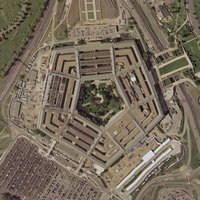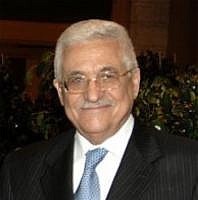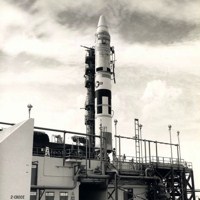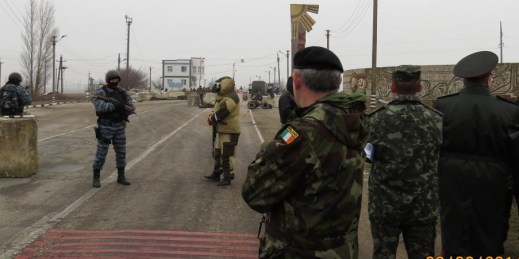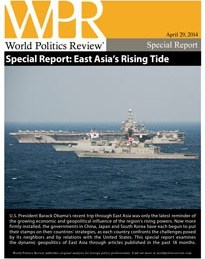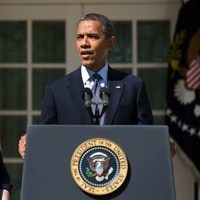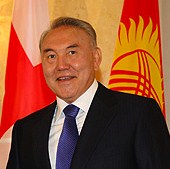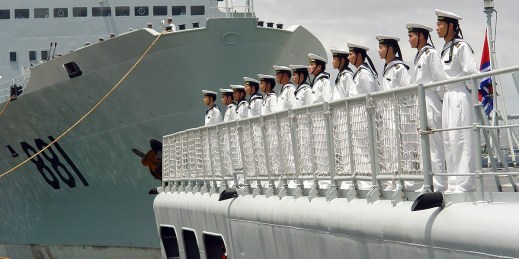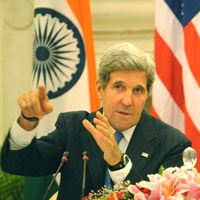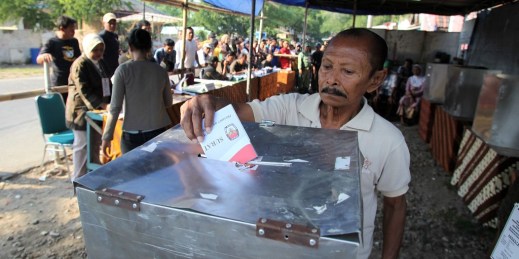
Panama’s seven presidential candidates are wrapping up their campaigns ahead of the country’s election on Sunday. In an email interview, Orlando J. Pérez, a professor in the Department of Political Science at Central Michigan University who has done field research in Panama, explained the country’s electoral landscape. WPR: What are the major domestic issues at stake in Panama’s presidential election? Orlando J. Pérez: The electoral campaign has been framed around the dynamic of continuity versus change. The government has touted social spending, infrastructure investments and economic growth. The government candidate, Jose Domingo Arias, has campaigned on continuing and expanding President […]



